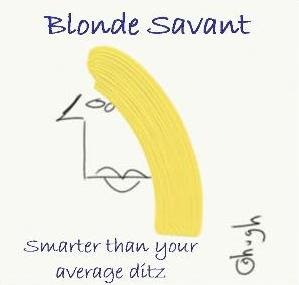After I was old enough to hold a job, I stopped going to church every day due to the time conflict. And I found that I didn't really miss it. By the time I was a junior in high school, I had concluded that Christianity was not for me. I explored other religions, and while I found that most of them have a lot of good qualities, those good things were usually tied to some sort of subjugation of myself that I found unacceptable. In the end, I never found a religion that fit what I was looking for. I don't feel as though I have something missing in my life, but I do sometimes feel nostalgic for the comfort I got from my church as a child.
This is where Rachael and Leah comes into play. Not many people know that Orson Scott Card is Mormon and has written many religious book and plays, but I am one of those people who falls in love with the way a person writes and goes digging for everything they have ever written. After reading Ender's Game, I continued with all of the books in that series, and then I kept going. The more I read, the more I found he had written. When I learned that he had written a series of religious fiction novels, I was apprehensive at first. But I was determined not to judge before I knew what I was talking about, so I picked up Sarah, the first book in his "Women of Genesis" series. The title of the book helped. I kept going and read Rebekah and then Rachael and Leah. It is this last novel that is executed the best of the three. Card's straightforward way of telling a story dovetails nicely with this ancient tale of sibling rivalry, love and faith.
The story is told from four points of view, the sisters Rachael and Leah, and two girls who end up as handmaids for the sisters. Their observations and interpretations of the events around them give new life to a story that many people know by rote. Card gives the characters motivations that have little to do with religion and more to do with being a young woman in a very strict culture living in a very harsh land. At the beginning of the novel, motherless sisters Rachael and Leah constantly fight and both walk all over their clueless father. When Jacob arrives, his personal faith helps the sisters reconcile and both grow up to become caring women in the seven years that Jacob works for their father.
The novel ends with the wedding of Leah to Jacob in place of her sister. This is the part of the story that I have the most trouble with. Card has the switch of the sisters play out like a slapstick comedy with Jacob as the butt of the joke. I find that it doesn't really fit with the tone of the rest of the novel. He does stay true to the original story in that Jacob ends up married to both sisters, but I feel that this conclusion could have been reached in a way that did not require Jacob and the father to become complete morons.
Overall though, while it has it's flaws, I find that reading Rachael and Leah when I feel nostalgic to be a great comfort. It reminds me of the good that religion can bring out in people, and the positive changes that it can motivate.

